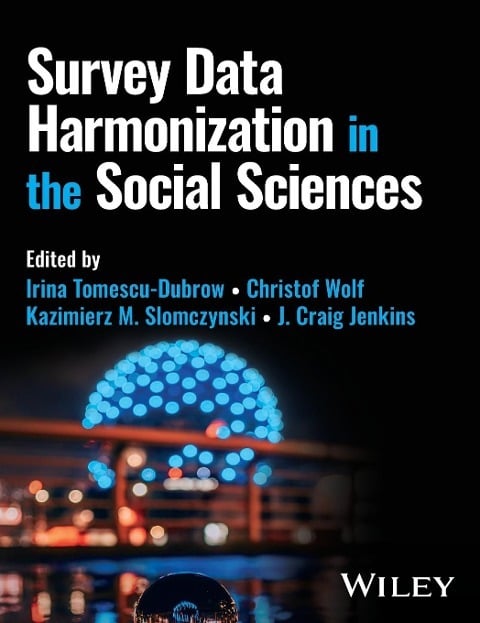
Analyzing Qualitative Data
Kurzinformation
inkl. MwSt. Versandinformationen
Artikel zZt. nicht lieferbar
Artikel zZt. nicht lieferbar

Beschreibung
Through the use of real-life social science examples, this book walks upper-division undergraduate to graduate students through the steps of collecting and analyzing qualitative data. Rather than cover data collection in separate chapters isolated from analysis techniques, the authors pair each data collection technique with the appropriate analytic method. The authors first cover word-based techniques (such as KWIC, word counts, componential analysis, taxonomies, mental maps, and semantic networks.) They next cover discovery techniques (grounded theory, schema analysis, sequential analysis, and analytic induction) followed by confirmatory techniques (tables and matrices, classic content analysis, content dictionaries, and ethnographic decision modeling.) In the last section of the book, the authors tackle philosophical issues related to sampling, reliability and validity as well as how to select the appropriate software. Carefully crafted exercises will provide readers with experiences for practicing the concepts in each chapter. This book will provide readers with not only the most complete information on doing qualitative collection and analysis, but a guide to selecting among the complete variety of qualitative techniques. von Bernard, H. Russell
Produktdetails

So garantieren wir Dir zu jeder Zeit Premiumqualität.
Über den Autor
H. Russell Bernard is Professor of Anthropology, Emeritus at the University of Florida. He served as editor of the American Anthropologist and Human Organization. He is co-founder (with Pertti Pelto and Stephen Borgatti) of the Cultural Anthropology Methods journal (1989), which became Field Methods in 1999. The five editions of his methods text Research Methods in Anthropology (AltaMira 2006) and his general research methods text Social Research Methods (Sage 2012), have been used by tens of thousands of students. Bernard co-founded (with Pelto) and co-directed (with Pelto and Borgatti) the National Science Foundation's Institute on Research Methods in Cultural Anthropology and has done fieldwork in Greece, Mexico, and the U.S.A. His publications include (with Jesús Salinas Pedraza) Native Ethnography: A Otomí Indian Describes His Culture (Sage, 1989). Bernard is known as well for his work, with Peter Killworth, Eugene Johnsen, Christopher McCarty, and Gene A. Shelley, on network analysis, including work on the network scale-up method for estimating hard-to-count populations. In 2010, Bernard was elected to the National Academy of Sciences.

- Kartoniert
- 332 Seiten
- Erschienen 2018
- Springer VS

- Hardcover
- 278 Seiten
- Erschienen 2010
- Hogrefe AG

- Gebunden
- 771 Seiten
- Erschienen 2016
- Beltz

- Gebunden
- 327 Seiten
- Erschienen 2021
- The MIT Press









































